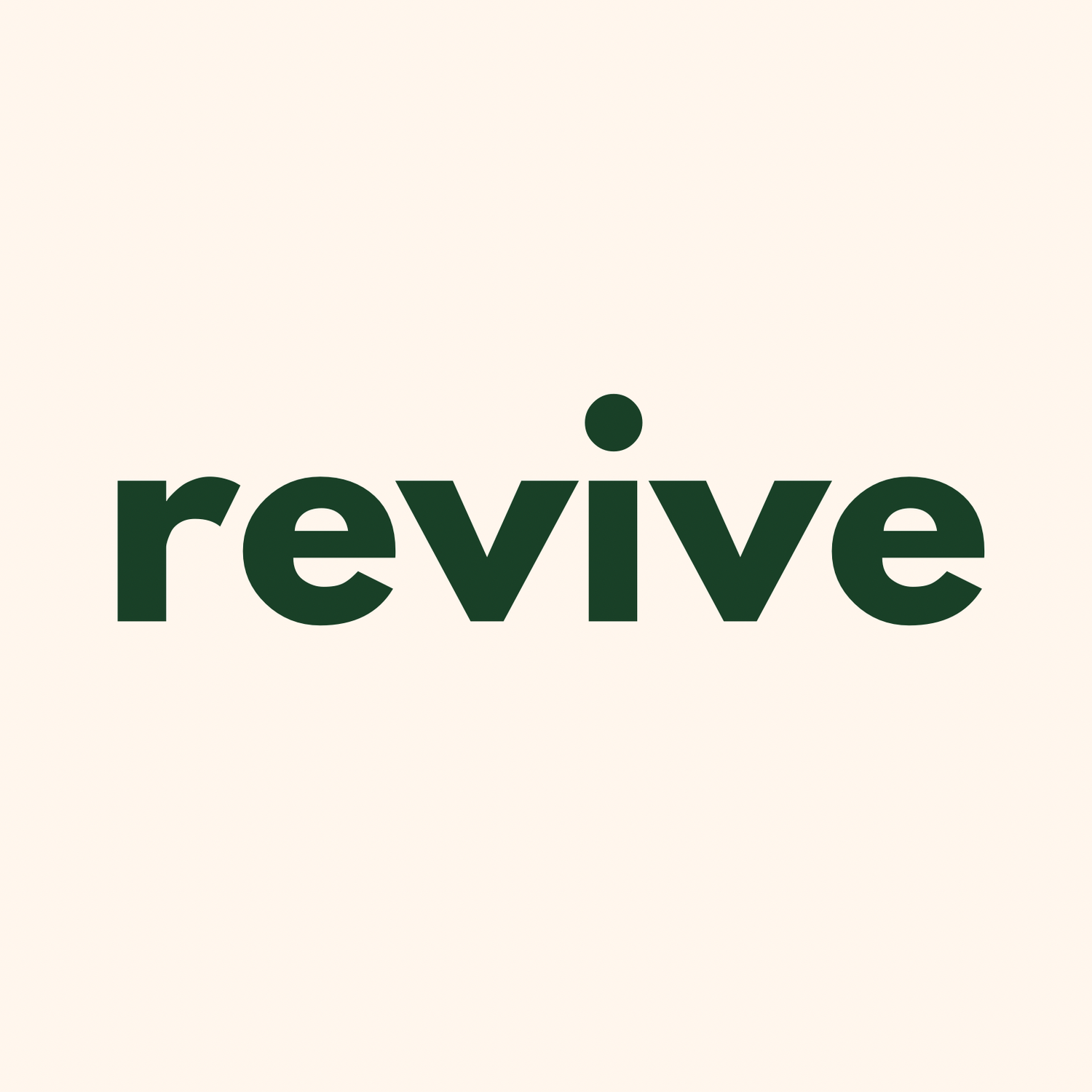Saying “No” With Grace When Your Energy Is Low
We live in a culture that praises busyness like it’s a badge of honor. Saying yes to every invite, every request, every “Can you just…?” is often seen as proof that you’re helpful, dependable, and kind. But here’s the thing—constantly saying yes doesn’t just drain your calendar, it drains you.
When your energy is low, every yes becomes more expensive. You’re giving away time and attention you don’t have to spare, which can leave you running on fumes. That’s why learning to say no—with kindness, clarity, and confidence—is one of the most important skills you can develop for your mental health.
Why Saying No Feels So Hard
Saying no is uncomfortable for a lot of reasons:
You don’t want to disappoint someone.
You’re worried they’ll think you don’t care.
You feel guilty for putting yourself first.
You think you need a “good enough” excuse.
But here’s the truth—no is a complete sentence. You don’t owe anyone your constant availability, and protecting your bandwidth doesn’t make you rude or ungrateful. It makes you realistic.
The Connection Between Energy and Boundaries
Think of your energy like a bank account. Every interaction, commitment, or favor is a withdrawal. Rest, solitude, and things that genuinely light you up are deposits. If you keep withdrawing without adding back in, you’ll end up in the red—and once you’re there, even small requests feel overwhelming.
That’s why boundaries are so important when your energy is low. They help you spend wisely so you don’t burn out.
How to Say No Without Burning Bridges
You can protect your peace and maintain your relationships at the same time—it’s all in the delivery.
1. Be Honest, But Gentle
Instead of over-explaining or inventing an excuse, keep it simple and kind. Try:
“I really appreciate the invite, but I’m not able to commit right now.”
“I’d love to help, but I don’t have the bandwidth this week.”
2. Offer an Alternative
If you want to keep the connection, suggest another option:
“I can’t make dinner this week, but how about coffee next weekend?”
“I can’t take that on right now, but I can recommend someone who might be able to help.”
3. Ditch the Apology Overload
Apologizing five times in one sentence doesn’t make your no sound nicer—it makes it sound like you’ve done something wrong. A single, sincere “sorry” (or none at all) is enough.
4. Avoid the “Maybe Later” Trap
If you know you don’t want to or can’t do something, don’t push it into the future just to avoid the discomfort now. That discomfort will still be there later.
5. Remember Your Why
Every no is really a yes—to rest, to recovery, to the things that matter most to you. Keep that in mind when guilt creeps in.
Reframing No as Self-Respect
When you say no, you’re not rejecting the person—you’re respecting your own limits. People who truly value you will understand and even appreciate your honesty. If someone takes offense, that’s more about their expectations than your boundaries.
And here’s the surprising part: saying no often strengthens relationships. Why? Because it builds trust. People know you mean it when you say yes, and that makes your yes more valuable.
Practical Phrases for Low-Energy Days
Sometimes the hardest part is finding the words. Here are a few to keep in your back pocket:
“I’m keeping my schedule light this week to recharge.”
“I don’t have the energy to give that the attention it deserves right now.”
“I’m saying no so I can say yes to rest.”
“I can’t this time, but thank you for thinking of me.”
The Bottom Line
You are not a bad friend, partner, or coworker for saying no. You are a human being with limits—and honoring those limits is an act of self-care.
When your energy is low, saying yes to everything isn’t kindness, it’s self-neglect. Saying no with grace allows you to protect your mental health, show up better for the things you do commit to, and keep your relationships healthy.
Because at the end of the day, the most valuable thing you can give is your best self—and you can’t do that if you’re running on empty.
